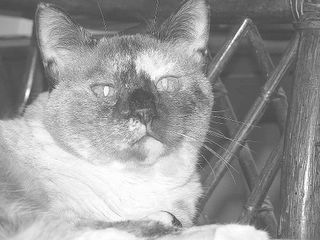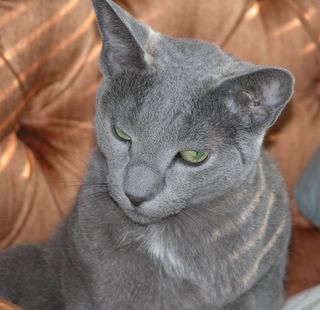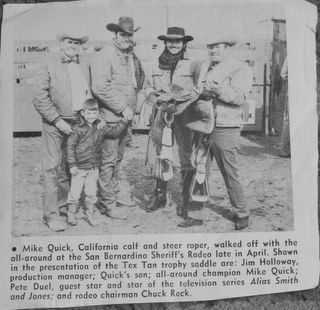And it was on this day in 1977 that the writer Raymond Carver quit drinking. . . .He died of lung cancer 11 years later, but he once described those last 11 years of his life as "gravy, pure gravy." (
Writer's Almanac)
THE PARTY
Last night, alone, 3000 miles from the one
I love, I turned the radio on to some jazz
and made a huge bowl of popcorn
with lots of salt on it. Poured butter over it.
Turned out the lights and sat in a chair
in front of the window with the popcorn and
a can of Coke. Forgot everything important
in the world while I ate popcorn and looked out
at a heavy sea, and the lights of town.
The popcorn runny with butter, covered with
salt. I ate it up until there was nothing
left except a few Old Maids. Then
washed my hands. Smoked a couple more cigarettes
while I listened to the beat of the little
music that was left. Things had quieted way down,
though the sea was still running. Wind gave
the house a last shake when I rose
and took three steps, turned, took three more steps, turned.
Then I went to bed and slept wonderfully,
as always. My God, what a life!
But I thought I should explain, leave a note anyhow,
about this mess in the living room
and what went on here last night. Just in case
my lights went out, and I keeled over.
Yes, there was a party here last night.
And the radio's still on. Okay.
But if I die today, I die happy--thinking
of my sweetheart, and of that last popcorn.
--Raymond Carver










